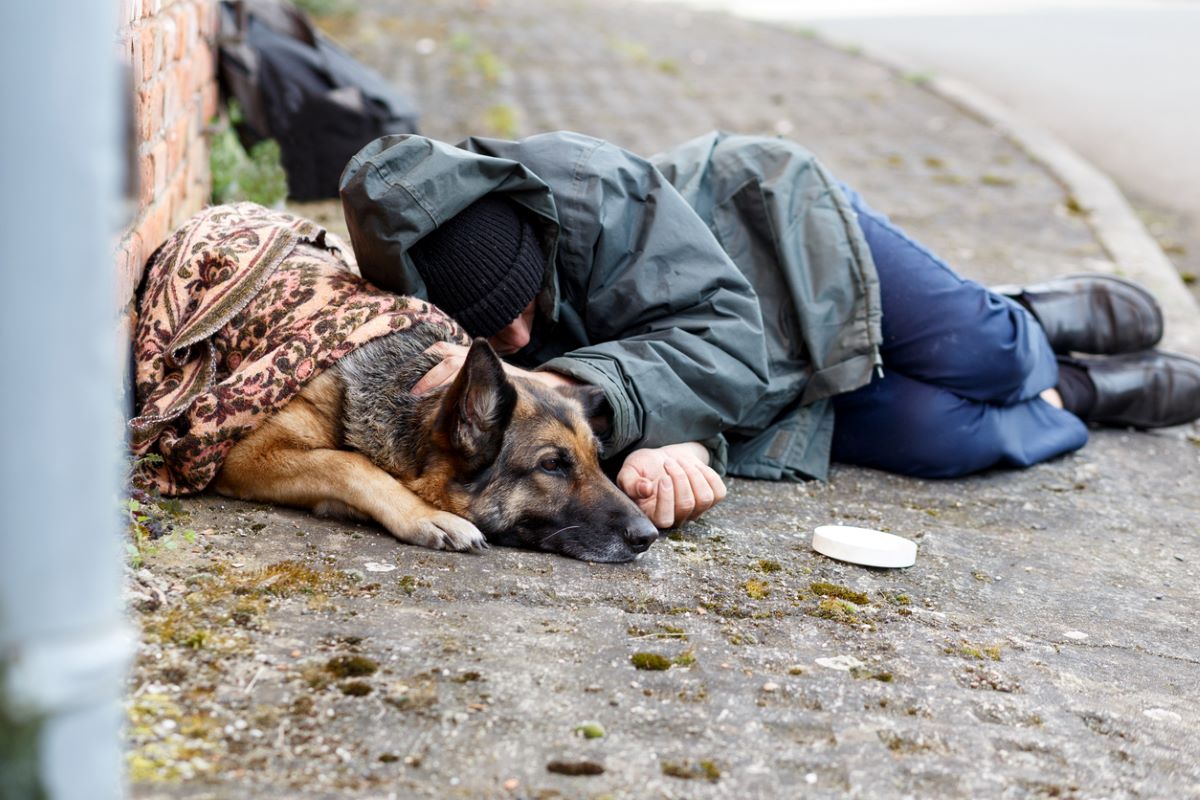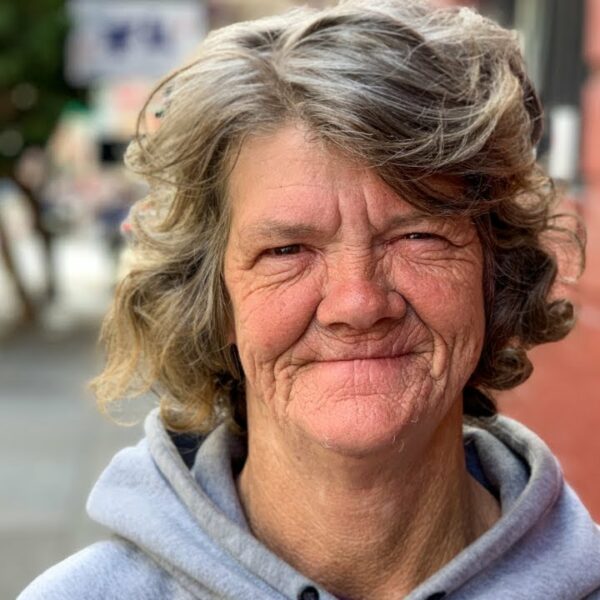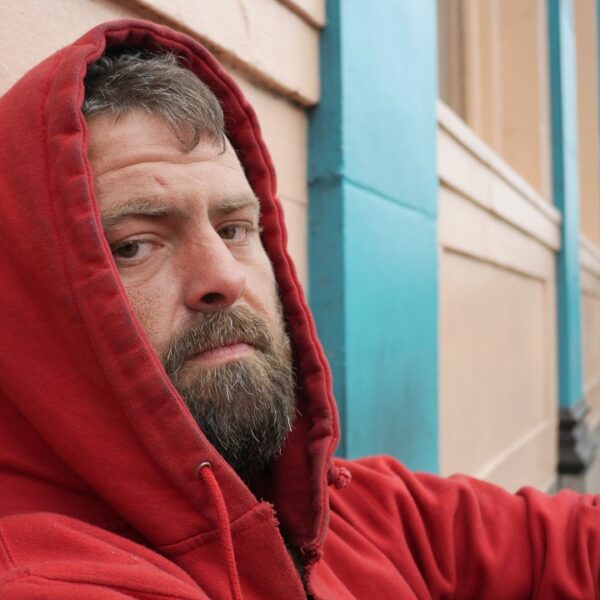A Dog Sleeping on the Streets is a Tragedy, but the Human Beside Them is an Inconvenience
Amid the constant flow of sad and scary news we’re exposed to at a rapid rate, there is one particular kind of story that seems to tug at the heartstrings more than any other—the story about a pet.
It doesn’t much matter what the pet is doing- whether it’s a local stray cat, a dog who visits the train station every day seemingly waiting for the owner that passed away long ago, or 150 pets evacuated from Afghanistan ahead of human lives, we collectively show animals more sympathy and compassion than we can summon for our fellow man.
Remember the colossal outcry in 2016, when Harambe the gorilla was killed after a grabbing and dragging a 3-year-old boy who fell into his enclosure? Even in that situation, where a helpless child’s life was at stake, the internet fell all over itself to defend Harambe, insisting that there was no possibility that he could have harmed the child and that he shouldn’t have been put down. The outrage took on a life of its own, with sleuths looking for a human to blame for the tragedy—be it the zookeepers, the parents, or the child himself.
All this to say that humans have a bad habit of valuing the life and happiness of any animal far more highly than the life and happiness of other people. We’ve become desensitized to the suffering and abuse of humans, even on a massive scale, but the abuse of a single animal will draw people out of the woodwork to wish the perpetrators ill in the most graphic of ways.
Why is this?
It’s A Visible Phenomenon
Many people who see a stray dog would take it in off the streets without a second thought. They don’t let the threat of fleas, bites, or the potential destruction of their furniture deter them from giving this animal the shelter, food, and care that it needs.
With people, the process works almost in reverse. People refrain from offering even the courtesy of eye contact or a smile. Even if they felt the pull to do more, like offer some money, a conversation, or a place to shower, they usually stop themselves short, thinking first of the potential danger and pushing the compassion they felt to the back of their minds.
You can see the difference in people’s thinking most clearly in stories or social media posts about a homeless person with a dog. Go to the comments of any such post, and you’ll likely see an outpouring of sympathy and righteous outrage over the living conditions that the dog has to endure, with hundreds upon hundreds of offers for a warm place to sleep, a bowl full of kibble, and a new squeaky toy.
The relatively few people who are talking about the PERSON at all are rarely doing it with compassion.
Sometimes, the shared love of animals can be a connection point for people passing panhandlers that makes them more likely to stop, smile, talk, or offer a little money. This is undoubtedly better than the alternative, but it makes one wonder why the dog was necessary. Isn’t one’s humanity enough to be seen as fully human and deserving of respect and compassion? Apparently not.
We Think of Pets as Innocent and People as Guilty
The main reason a lot of us show no hesitation to help and care for animals in dire straits is because we perceive them as being completely innocent, having had no role to play in their current circumstances.
Now, I’m not suggesting that Fido has a devious streak and deserves more blame for his predicaments. But maybe humans deserve less?
When we see a person with a problem — whether it be homelessness, addiction, or just a bad case of jerkitis, our minds leap to justify these things as a personal failing on their part. Knowingly or unknowingly, we characterize them as bad, weak, or immoral as a justification for why these things have happened to them.
It would be neat and tidy if only good things happened to good people and bad things only happened to bad people. However, despite the stories we tell ourselves, that just isn’t the case.
Good people can end up in bad situations for a multitude of reasons, many of them outside of their control. We have an incentive to disbelieve this obvious fact because, quite plainly, it’s scary.
It’s scary to know that a few random turns of fate could put you in the same position as the person you revile and write off.
Suppose I keep believing that people who find themselves in unfortunate circumstances aren’t unfortunate at all but rather deserve what they got because they’re fundamentally bad people. In that case, I never have to worry about ending up there myself because I’m a good person!
These types of thoughts are harmful and jeopardize the humanity of both yourself and the other people you’re casting judgment upon. We all need to put in the work necessary to counter this bias wherever we find it— especially within ourselves.
Animals Have No Voice
When asked about their reasoning for helping animals, many animal advocates respond that they felt they had to speak up for them because animals have no voice of their own and are helpless to help themselves.
While homeless people are resourceful, hardworking, and far from helpless, they have been heavily disenfranchised, and few people are listening to their voices.
When it comes to making true and lasting change to end homelessness, it’s going to take all of us. Those of us who are housed can use the privilege that comes with that status to amplify the voices of our homeless neighbors in the streets. We can do this through town hall meetings, at the ballot box, writing our legislators and spreading the message wherever else it needs to be heard.













